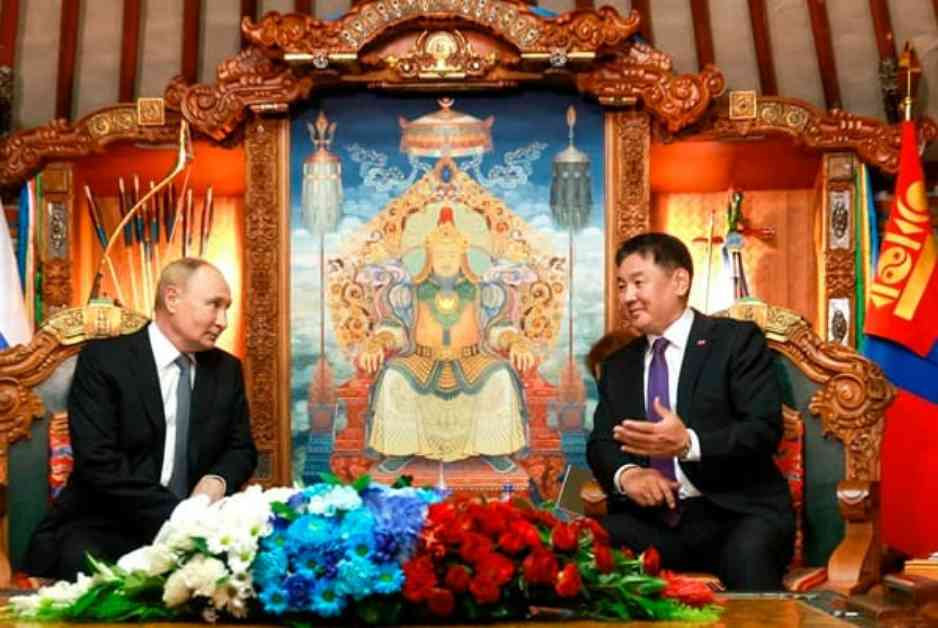Vladimir Putin’s recent visit to Mongolia has sparked concerns as reports have surfaced that he sought blessings from powerful shamans to use nuclear weapons. This revelation sheds light on Putin’s deep-rooted interest in mysticism and rituals, as he is known for combining Orthodox mysticism with pagan traditions.
Despite facing an international arrest warrant issued by the International Criminal Court, Putin made the trip to Mongolia to consult with shamans, who are believed to be the most powerful in the world. This is not the first time Putin has turned to mysticism for guidance, as before launching the invasion in Ukraine in 2022, he sought advice from Mongolian shamans who assured him of a military victory.
The chief shaman of Russia, Kara-ool Dopchun-ool, invoked the protection of the “sun, the moon, and the stars” for Russian forces and the Kremlin, despite the significant losses suffered by Putin’s troops in Ukraine. This latest development raises questions about Putin’s beliefs and the extent to which he relies on mysticism in decision-making.
In addition to seeking blessings for the use of nuclear weapons, Putin was reportedly interested in discussions about his own longevity and reincarnation during his meetings with the shamans. This highlights the depth of Putin’s involvement in mysticism and the rituals that he believes can influence his fate.
The intersection of politics and mysticism in Putin’s leadership style is a topic that continues to intrigue observers and analysts. It remains to be seen how these revelations about Putin’s consultations with shamans will impact his decision-making and the direction of Russian policies in the future. As the world watches closely, the role of mysticism in international affairs is a subject that warrants further exploration and understanding.












